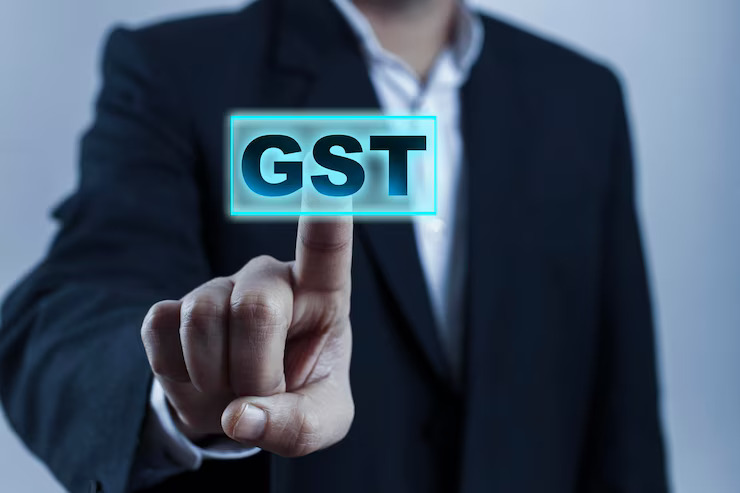In the realm of taxation, especially in countries like India, the Goods and Services Tax (GST) holds a significant position. Since its implementation, GST has revolutionized the taxation system, aiming to streamline processes and ensure transparency. Central to this system are GST assessments, which play a crucial role in ensuring compliance and revenue generation. In this article, we’ll delve into the types of GST assessments and why they matter.
What is GST Assessment?
GST assessment is essentially the process through which tax authorities examine and verify the correctness of the GST returns filed by taxpayers. It’s a mechanism to ensure that the taxes are paid correctly and in a timely manner. These assessments are crucial not only for the government to collect revenue but also for businesses to maintain compliance and avoid penalties.
Types of GST Assessments:
- Self-Assessment: Under GST, taxpayers are primarily responsible for assessing and paying their taxes. They need to file regular returns, where they self-assess their tax liability and pay the due amount. Self-assessment promotes transparency and accountability among taxpayers.
- Scrutiny Assessment: Tax authorities have the power to scrutinize the returns filed by taxpayers. In a scrutiny assessment, the authorities thoroughly examine the taxpayer’s records, documents, and other relevant information to ensure accuracy and compliance. This type of assessment is conducted when the authorities suspect discrepancies or non-compliance.
- Best Judgment Assessment: If a taxpayer fails to file their returns or provides incomplete or inaccurate information, the tax authorities can resort to best judgment assessment. In this type of assessment, the authorities use their best judgment to determine the taxpayer’s tax liability based on available information. It’s a measure to prevent tax evasion and ensure compliance.
- Reassessment: Reassessment occurs when the tax authorities have reason to believe that the original assessment was incorrect or incomplete. This could be due to new information or evidence that comes to light after the initial assessment. Reassessment ensures that any discrepancies or errors in the tax assessment are rectified.
- Special Audit: In certain cases, tax authorities may order a special audit of a taxpayer’s accounts and records. This is usually done when there are complexities in the taxpayer’s business operations or doubts regarding the accuracy of the financial statements. The findings of the special audit are used for assessment purposes.
Why GST Assessments Matter:
- Revenue Collection: GST assessments are vital for the government to collect revenue efficiently. By ensuring that taxpayers pay the correct amount of taxes, assessments contribute to the overall revenue generation, which in turn funds various public welfare programs and infrastructure development.
- Compliance and Enforcement: GST assessments play a crucial role in enforcing compliance with tax laws. By scrutinizing returns and conducting assessments, tax authorities deter tax evasion and promote adherence to regulatory requirements. This helps maintain the integrity of the taxation system.
- Transparency and Fairness: Transparent and fair tax assessments build trust among taxpayers and foster a positive relationship between taxpayers and the tax authorities. When taxpayers see that assessments are conducted impartially and based on objective criteria, they are more likely to comply voluntarily with tax laws.
- Correct Tax Liability: Assessments ensure that taxpayers accurately determine their tax liability and pay the correct amount of taxes. This helps prevent underpayment or overpayment of taxes, ensuring that the tax burden is distributed equitably among taxpayers.
- Legal Compliance: GST assessments help ensure that businesses comply with the legal requirements of GST laws and regulations. By conducting assessments, tax authorities verify whether taxpayers are adhering to the prescribed procedures and fulfilling their obligations under the law.
In conclusion, GST assessments are a critical component of the GST regime, serving multiple purposes ranging from revenue collection to enforcement of compliance. By understanding the types of assessments and their significance, taxpayers can navigate the taxation system more effectively, while tax authorities can fulfill their mandate of ensuring tax compliance and integrity.

